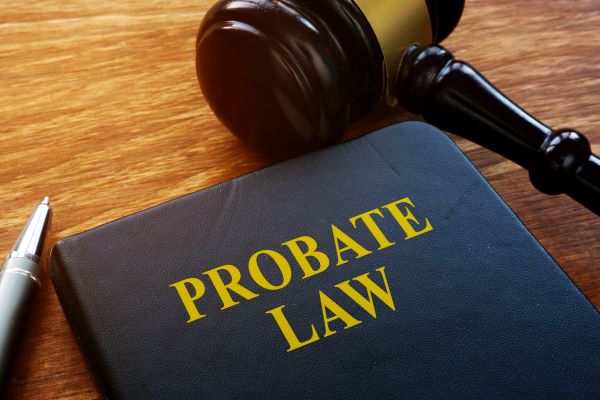
Debunking Common Myths About Wills and Probate
You do not currently have a featured image set for this post. To set your featured image, click on the circular Meta View button and set your image in the box on the bottom right.
Many people attempt to avoid estate planning at
all costs, as it by its very nature involves conversations about some topics we
would much rather not confront.
This common desire to avoid discussing estate planning in turn leads to some common myths and misconceptions about wills and probate—among other estate planning issues.
The following are a few of the most common misconceptions and the truths behind them:
MYTH: The state gets everything if I pass away without a will.
State law dictates who gets your property, but the state itself will not take possession of your property. Typically, your spouse and children will be first in line to inherit your property, but if you are unmarried and have no children, your parents and/or siblings will then be able to inherit.
Of course, this does not mean you should forego estate planning. You have absolutely no control over what happens to your assets if you die without a will, so it is important to take the time to sit down and think about who you want to receive which pieces of property. Your will also enables you to name a guardian for your minor children in the event of your untimely passing, a decision you certainly do not want to leave up to the state.
MYTH: The probate process takes years.
Most states are not so complicated that they take years to resolve. Typically, the only delay that happens is the required period that allows creditors to file claims. After that waiting period is complete, the estate can be administered and closed. The only things that could extend the length of the probate process are family fights, particularly large or complex estates, or significant amounts of ongoing income from royalties or other sources.
MYTH: Probate costs will leave me with nothing left.
There are a lot of horror stories about the costs of probate, which can leave people to believe that they will inherit nothing after court costs and lawyer fees are accounted for. However, many estates do not require formal probate proceedings—if the value of the probate assets is small enough, there are plenty of shortcuts available for family members that reduce costs. Even if the estate does require formal probate, the costs will likely be less than five percent of the total value of the estate.
MYTH: I am not required to leave anything to my spouse.
The surviving spouse has a legal right to a portion of the estate, even if left out of the will entirely. There are arrangements you can make to leave independently owned assets to children of a different marriage, to a charity or to other beneficiaries, but there are many legal protections in place regarding marital assets in estate plans.
For more information and advice on establishing a plan that protects you, your loved ones and your assets, consult a knowledgeable Ohio estate planning lawyer with Seif & McNamee, LLC.



